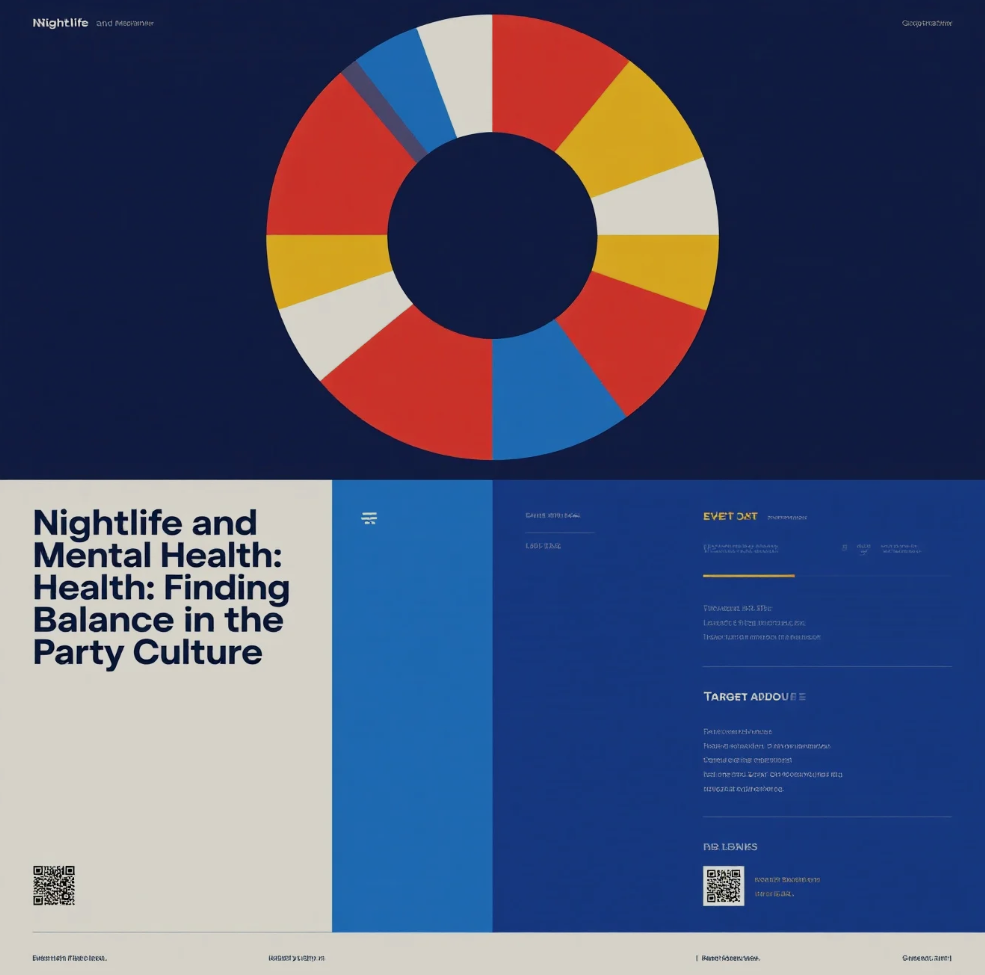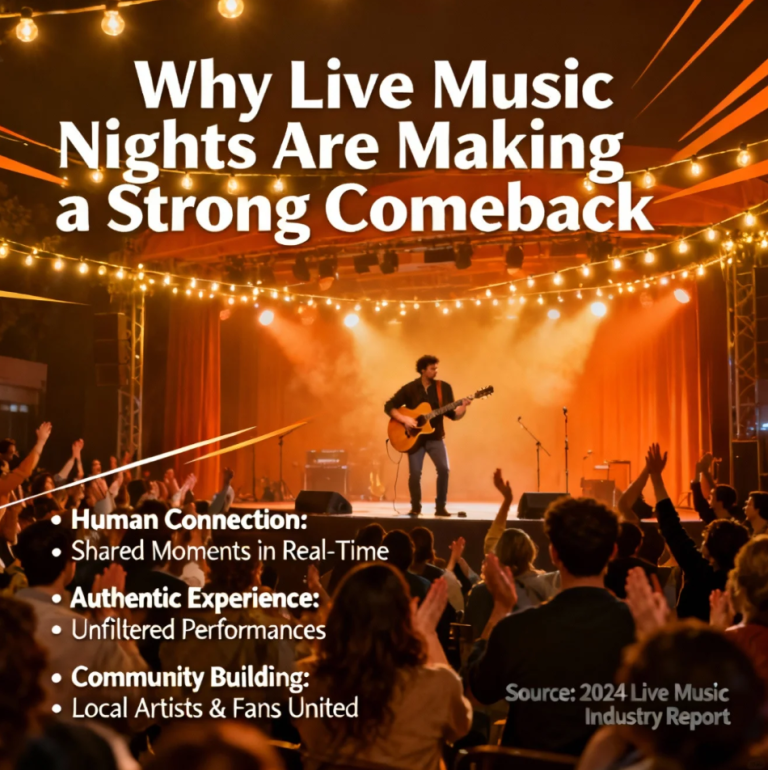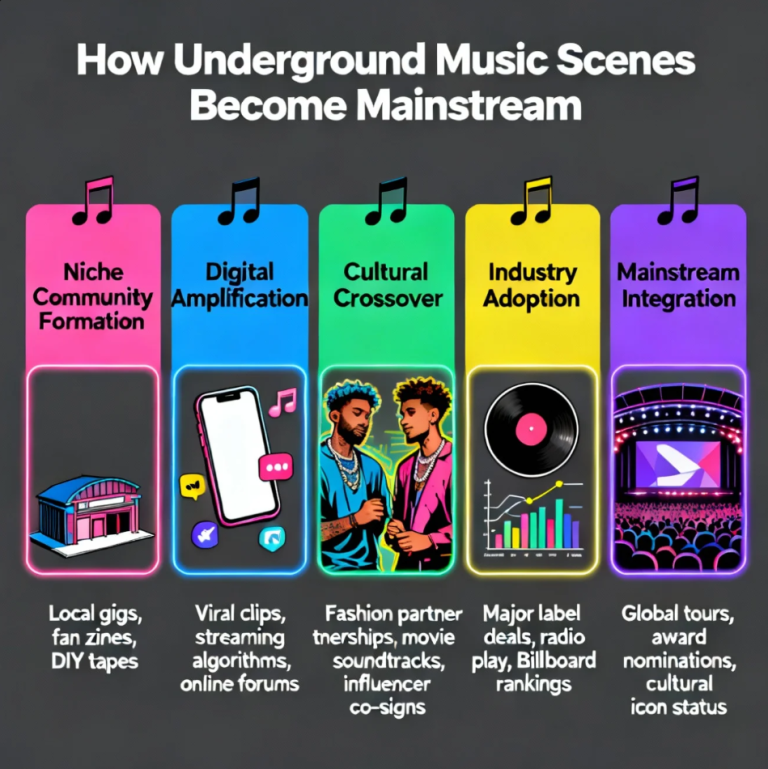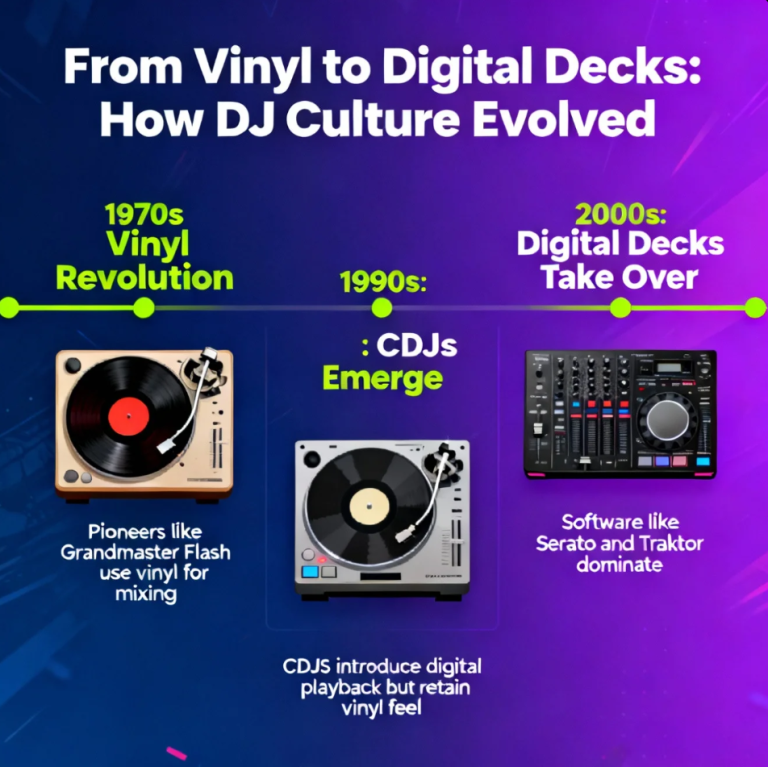
Nightlife is exciting, energizing, and for many people, an essential part of how they connect socially. From clubs and bars to festivals and late-night events, the party culture offers a sense of freedom and escape. But with all the fun comes a side that is often overlooked: how nightlife impacts mental health.
Finding balance is the key—not avoiding nightlife entirely, and not letting it take over your well-being. Here’s how you can enjoy the scene without losing yourself in it.
The Highs and Lows of Nightlife
Nightlife offers real benefits:
- A sense of community
- Opportunities to socialize and make friends
- Stress relief after long workdays
- Creative expression through fashion, dance, and music
But it can also trigger challenges like:
- Sleep disruption
- Increased anxiety or emotional crash after partying
- Pressure to drink or “keep up” with others
- Overspending
- Dependence on nightlife for happiness
Understanding this balance helps you stay in control.
How Nightlife Affects Your Mental Health
1. Sleep Deprivation
Late nights often mean poor sleep schedules.
Lack of rest can lead to:
- Irritability
- Low mood
- Difficulty concentrating
- Long-term burnout
Good parties shouldn’t cost you days of exhaustion.
2. Social Pressure and Anxiety
Nightlife can amplify insecurities:
“How do I look?”
“Am I fun enough?”
“Should I drink more?”
These pressures can trigger social anxiety—even among people who seem outgoing.
3. Substance Use and Emotional Crashes
Alcohol and stimulants create artificial highs.
When the buzz fades, emotional lows become more intense, sometimes leading to:
- Mood swings
- Depression-like symptoms
- Emotional numbness
- Increased stress
Moderation is essential.
4. Financial Stress
Frequent nights out add up—tickets, drinks, outfits, transportation.
Money stress is one of the biggest contributors to declining mental health.
How to Enjoy Nightlife in a Healthy and Balanced Way
1. Set Your Own Limits (Not Others’)
Know how much you can drink, spend, or stay out.
You don’t need to follow your friends’ pace.
2. Prioritize Sleep on Non-Party Days
Give your body recovery time.
A balanced schedule protects your energy and mood.
3. Choose Events That Truly Make You Happy
Not every night out is worth it.
Go to places:
- Where you feel comfortable
- Where the crowd matches your vibe
- Where you can express yourself without pressure
Quality over quantity.
4. Have One Sober Night Out
A sober night can be just as fun.
Plus, you:
- Remember everything
- Stay fully in control
- Enjoy the music and conversations more
- Save money
Give it a try—you may be surprised.
5. Listen to Your Body and Mind
If you feel:
- Drained
- Overwhelmed
- Emotionally numb
- Irritable
… it might be time to take a break.
Rest is part of the party lifestyle too.
When It’s Time to Reevaluate Your Nightlife Habits
Take a step back if you notice:
- You only feel happy when partying
- You’re using nightlife to escape problems
- Drinking becomes the focus, not the fun
- Your relationships or work suffer
- You feel anxious or low after every night out
Awareness is the first step to positive change.
Final Thoughts
Nightlife is not the enemy—excess is.
When enjoyed mindfully, the party scene can be a place of joy, connection, music, and freedom. With the right balance, you can protect your mental health while still enjoying every beat, every dance, and every late-night adventure.



